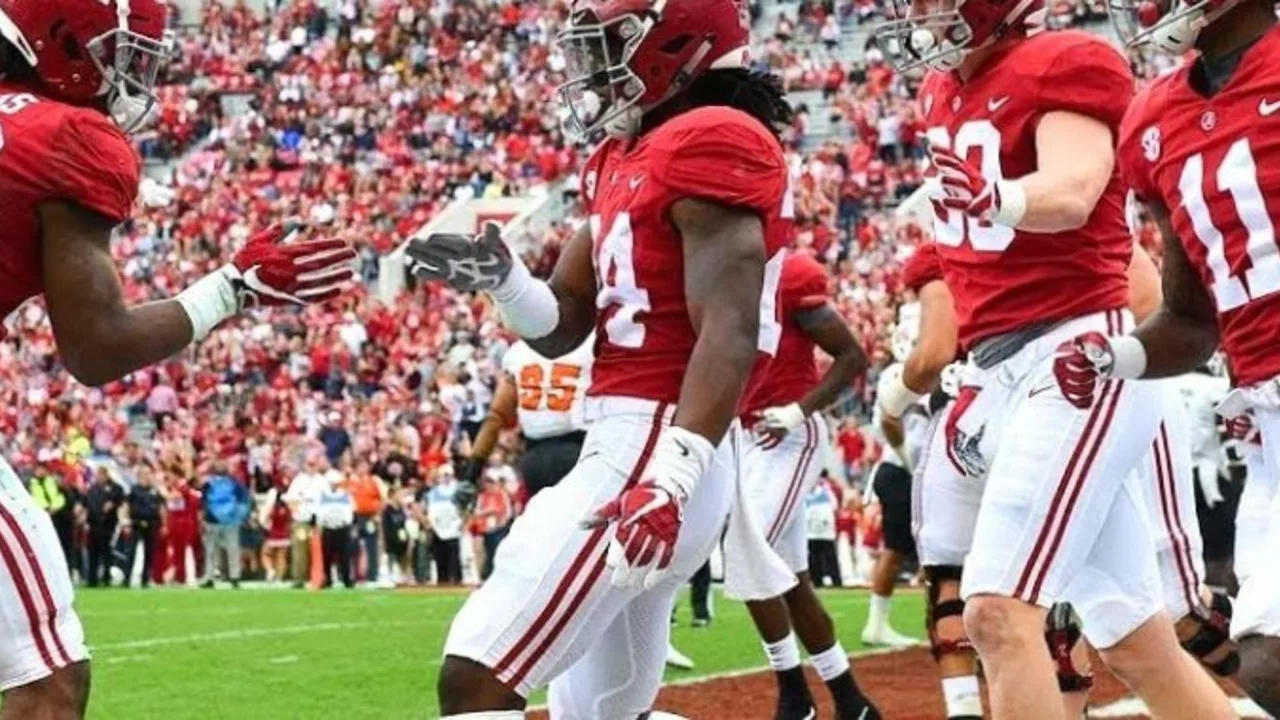Nickname Origin: The Story Behind Your Everyday Alias
Ever wonder why your friends call you "Jaz" or why a teammate is known as "Speedy"? Nicknames aren’t random; they have clear roots that tell a story about a person, a place, or a moment. Understanding the origin of a nickname helps you pick one that fits, and it can even reveal a fun piece of your own history.
Common Ways Nicknames Are Born
First off, many nicknames come from a simple shortening of a given name. Think "Mike" for Michael or "Liz" for Elizabeth. That’s the easiest route—just chop off the ending or the middle and you’ve got a friendly label. Another popular source is a physical trait: someone tall might become "Stretch," while a curly‑haired pal could be called "Curly."
Personality is a goldmine for nicknames, too. If a buddy always cracks jokes, you might hear "Jester" or "Smiley" floating around. In sports, performance drives the nickname game. A fast runner gets dubbed "Flash," a strong defender becomes "Wall," and the list goes on.
Sometimes the origin is a funny mishap. Remember that time you spilled coffee on your shirt? Your office might still call you "Latte" years later. These accidental nicknames stick because they capture a moment that everyone remembers.
Culture, History, and Trends
Different cultures have their own nickname traditions. In many Asian countries, a child might receive a "milk name" used at home, while in Latin America, diminutives like "Juanito" add affection. Historically, sailors and soldiers created nicknames to boost morale—"Tiger" for someone fierce in battle, for example.
Pop culture also fuels the nickname engine. TV shows, movies, and video games introduce characters with catchy monikers that fans adopt. If you’re a fan of a series, you might end up being called "Heisenberg" among friends because you love the show.
Trends shift over time. In the 2000s, internet slang birthed nicknames like "MemeLord" or "YoloKing," reflecting online identity. Today, many people opt for short, punchy handles like "Ace" or "Nova" that work well across social media platforms.
When you want to create a nickname, think about three things: the source (name, trait, story), the vibe (fun, serious, cool), and the audience (friends, teammates, online followers). A good nickname should feel natural—if it feels forced, it won’t stick.
Finally, remember that nicknames evolve. What starts as "Kid" in middle school can turn into "Chief" when you take charge at work. Embrace the change and enjoy the little label that tells part of your personal story.
Why is Bama called the Crimson Tide?
Alright, folks, prepare for a fun little history lesson and hold onto your sports caps. You see, Bama, or the University of Alabama, snagged the nickname "Crimson Tide" from a muddy football game way back in 1907. Amidst a sea of red clay mud, the players looked like they were surfing on a crimson tide, and voila, the name was born! It's pretty rad when you think about it - a moniker born from the grit and grime of a truly gnarly game. So, next time you're cheering for the Crimson Tide, remember it's more than just a team, it's a tribute to a muddy moment in football history!
Read More